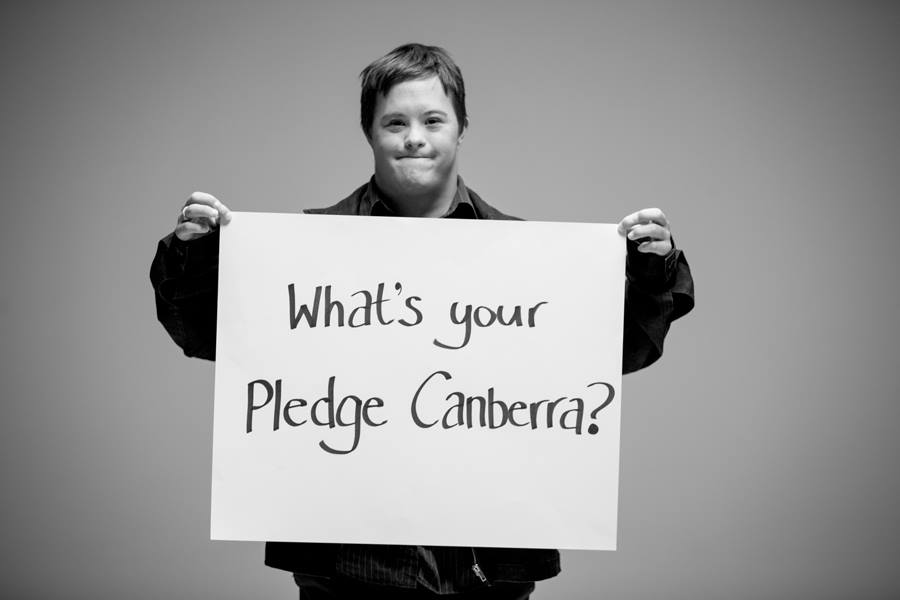The first action plan supporting the ACT government’s Disability Justice Strategy has been launched. The Disability Justice Strategy 2019–2029 is a 10-year plan which aims to ensure people with disability in the ACT have equal access to justice and support for their right to equality before the law.
The First Action Plan 2019-2023 is designed to support the strategy’s five focus areas:
- Information and communication
- Education and guidance
- Identification, screening and assessment
- Better service delivery
- Data, research and review
The Disability Justice Strategy recognises that people with disability experience a greater need for legal support than many other people in society and face a range of disadvantages that make them more likely to come into contact with the justice system. The strategy is designed to ensure people with disability understand their rights and more importantly that their rights are respected.
ACT Minister for Disability, Rachel Stephen-Smith said the strategy supports the ACT government’s vision for an inclusive society and recognises that equality before the law is not the current reality for too many ACT residents with disability. “If we can improve the justice system for people with disability, we can improve it for everyone,” she said.
“In developing this strategy, we have looked at the evidence available through research, talked with people with disability, their families and carers, and heard from people working in both the justice and service sectors. We thank everyone who has shared their experiences and contributed to this extremely important work.”
ACT Minister for Justice Shane Rattenbury said everyone has a right to justice.
“The actions over the next 12 months will ensure that frontline workers can translate legal materials into accessible and easy to understand language,” he said. “This Strategy isn’t just about one part of the legal and justice system. It spans civil and criminal justice and recognises that people with disability can be victims, offenders, witnesses or might engage with child protection or civil proceedings.”
Comment below to have your say on this story.
If you have a news story or tip-off, get in touch with Freedom2live’s managing online editor Kymberly Martin at kymberly@intermedia.com.au
Sign up to Freedom2Live’s newsletter.

